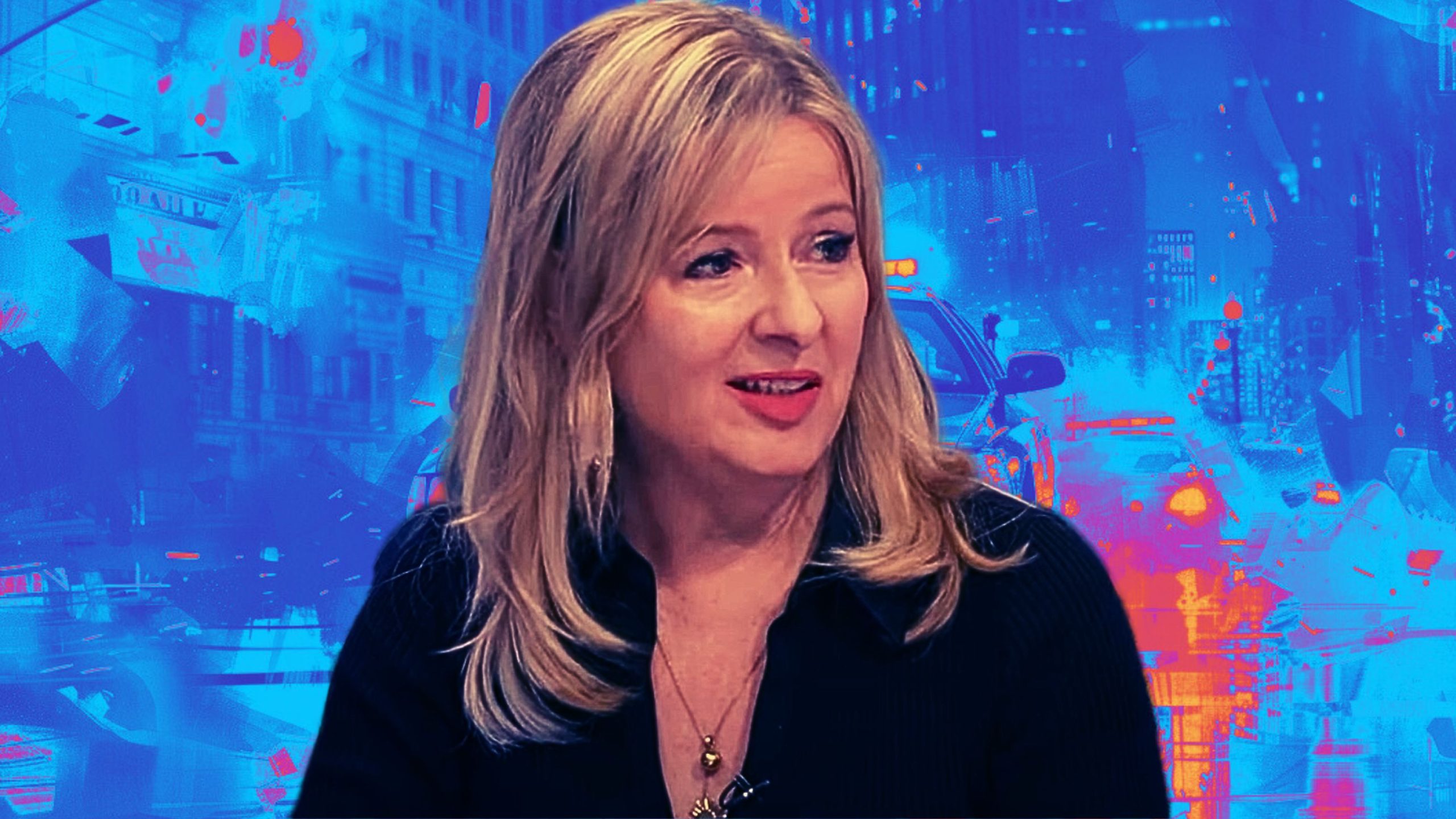British Journalist Allison Pearson of The Telegraph has found herself under an unexpected police investigation following a social media post she made last year. According to Pearson, the inquiry began with a knock on her door at 9:40 am when two officers informed her that she was under scrutiny for allegedly inciting racial hatred in a post on X. Yet, they won’t tell her what the supposedly offending post was.
Pearson recounted the visit in an article, describing her surprise as the officers delivered the news. “I was accused of a non-crime hate incident. It had to do with something I had posted on X a year ago. A YEAR ago? Yes. Stirring up racial hatred apparently,” she recalled one officer telling her.
Despite her attempts to understand the specifics, the officers refused to reveal the details of her alleged offense or identify the complainant, noting only that the individual in question was designated as “the victim.”
Essex Police has since clarified that the investigation is based on a report from another police force and is being pursued under section 17 of the Public Order Act 1986, which addresses materials potentially inciting racial hatred. In a statement, a spokesperson confirmed that officers had attended Pearson’s residence “to invite a woman to attend a voluntary interview on the matter.”
This approach, however, has drawn criticism from free speech advocates who argue that police intervention in non-crime incidents has a chilling effect on public discourse. Pearson’s experience follows recent shifts in policing policies, stemming from a Court of Appeal decision favoring former officer Harry Miller. Miller had argued that police tracking of gender-critical opinions as hate incidents without criminality stifled free expression.
Current UK Home Secretary Yvette Cooper is exploring ways to reinforce police surveillance of non-criminal hate incidents.
Meanwhile, X owner Elon Musk, who has previously condemned Prime Minister Keir Starmer’s attacks on free speech, has publicly criticized British law enforcement for investigating social media posts, raising further questions about the role of police in moderating online speech.
This incident has sparked a wave of criticism from various corners, including Chris Philp, the Conservative shadow home secretary, who argues that the police should focus on actual crimes rather than policing thoughts and opinions. Echoing this sentiment, Liz Truss, former prime minister, and Sir Iain Duncan Smith, the former Tory leader, have also voiced their concerns, with Truss decrying the investigation as a direct attack on free speech.
Nigel Farage, leader of Reform UK, pointed out the irony of the police’s timing, noting that such actions on Remembrance Sunday, a day dedicated to democratic values and free speech, were particularly egregious.













